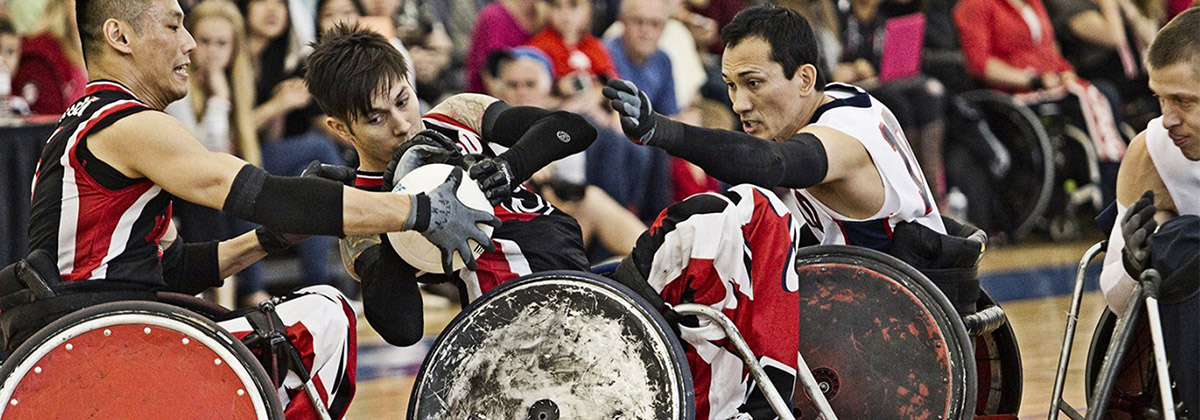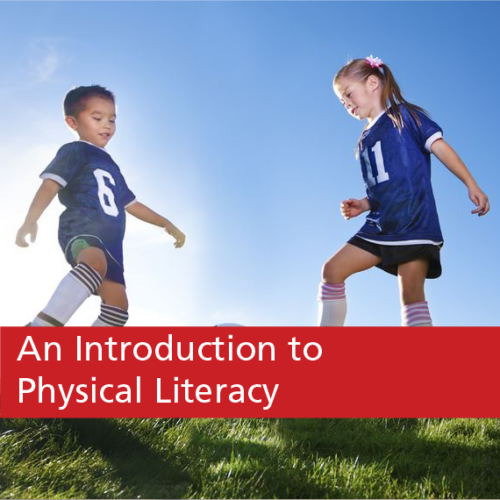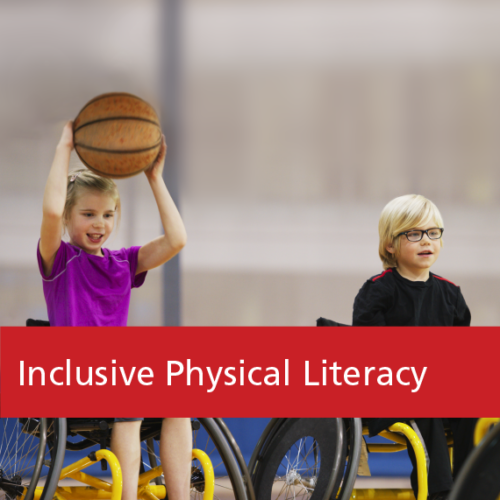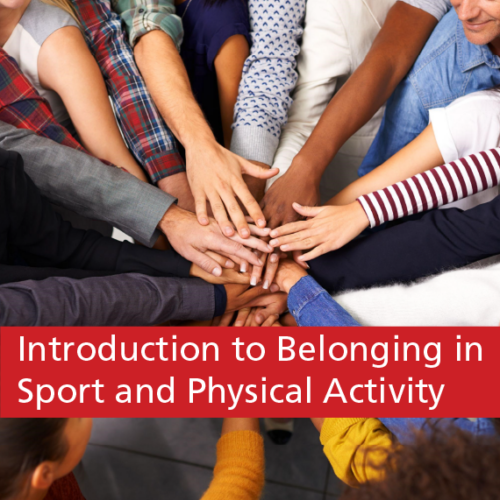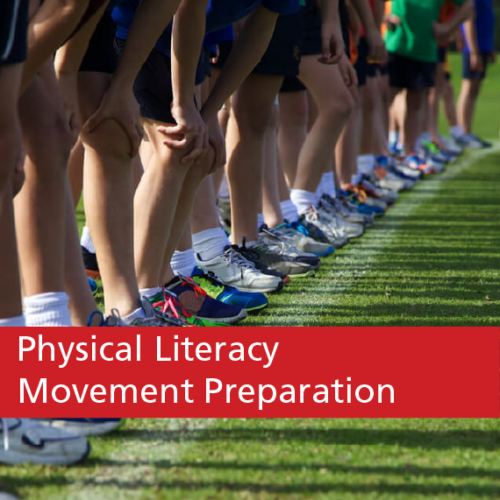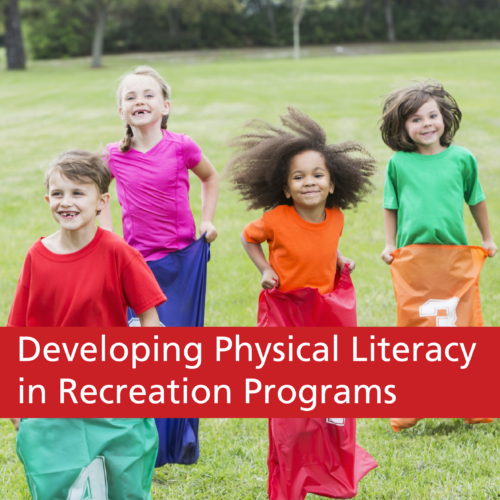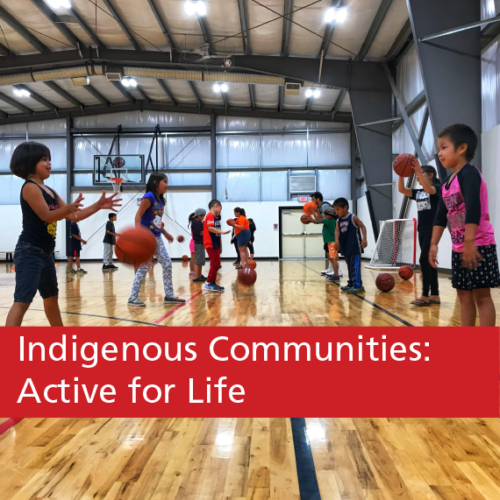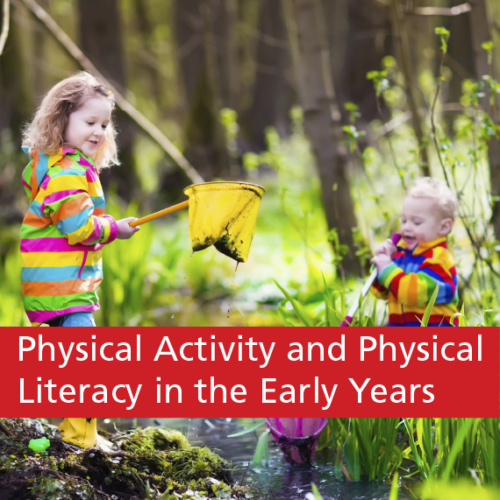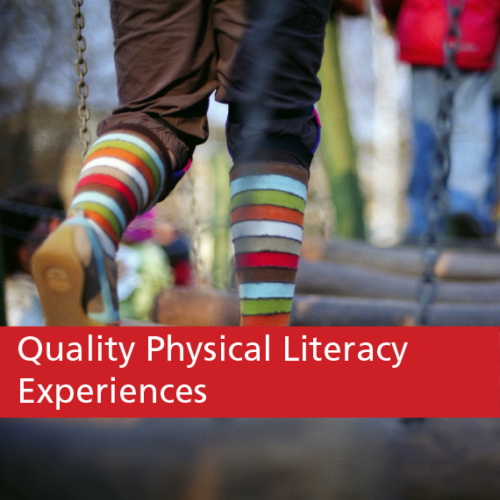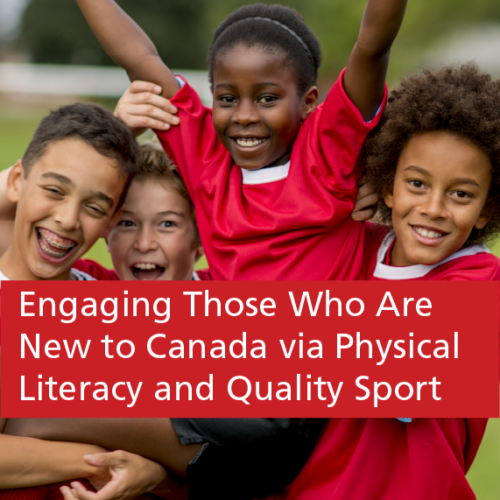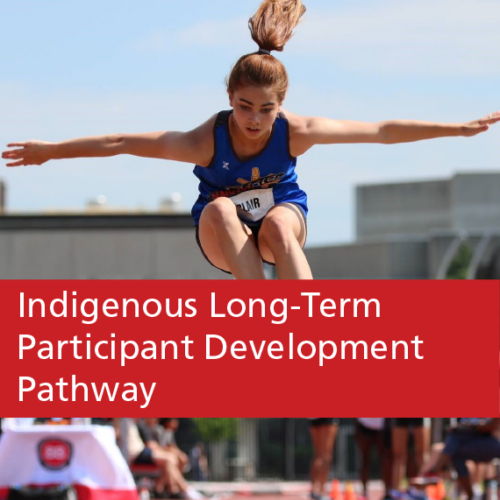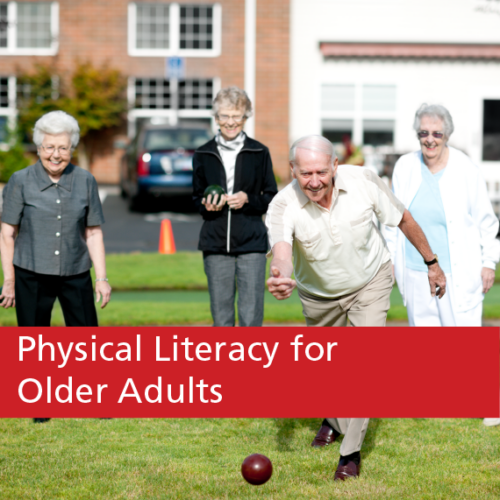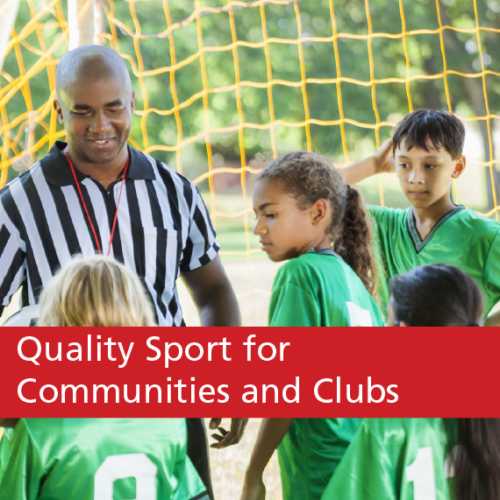Workshops are an excellent way to educate, motivate, and inspire action among a specific group of individuals. Each workshop has been carefully crafted to activate quality sport and physical literacy delivery by mobilizing best practices, research, and the experience of our Sport for Life experts and leadership.
- Registration Platform (Sport for Life CAMPUS)
- Zoom Link (for virtual deliveries)
- Promotional e-Flyer (if workshop is open to public)
- Learning Facilitator(s)
- Presentation Slides (as applicable)
- Supporting Resources (as applicable)
- Handouts (as applicable)
- Evaluation Survey
- Certificate of Achievement (if registered on the Sport for Life CAMPUS)
- Venue (including rental costs as applicable)
- Internet Connection (Wi-Fi)
- Audio / Visual Equipment (projector, screen and speakers as applicable)
- Food & Beverage (optional)
Note: Both workshops, Indigenous Communities: Active for Life and Indigenous Long-Term Participant Development Pathway are now being offered through the Aboriginal Sport Circle. For more information, please click here.

